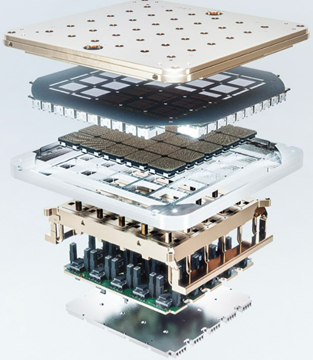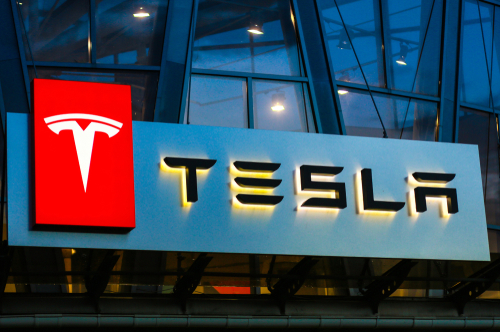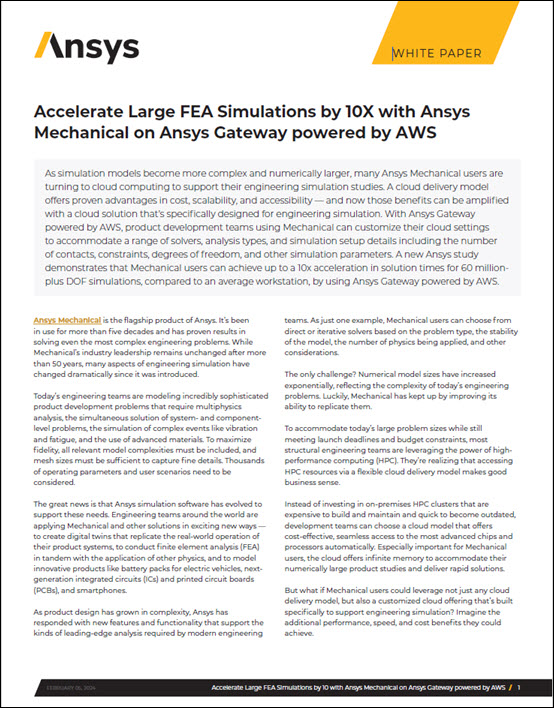
Tesla D1 chip
Theft of secret information about Tesla’s in-house supercomputer, the exascale-class “Project Dojo” system due to be up and running this year, are at issue in a suit filed by the company against an HPC cooling technology engineer and former employee who joined Tesla in January and resigned this month.
According to a story by Bloomberg and other published reports, Tesla has accused Alexander Yatskov of using what the company said was a “dummy” laptop for inspection at the time he left Tesla to conceal confidential Project Dojo information he transferred to his personal computer. Published reports say Yatskov joined Tesla in January to work on cooling systems for the supercomputer. In court documents, the company said Yatskov misled the company about his experience and broke a non-disclosure agreement.
While Tesla has not released many details about Dojo, announced in 2019, it has excited significant interest and underscores Elon Musk’s commitment to advanced technology in Tesla’s drive to build an autonomous vehicle. It’s known that Dojo will be powered by the Tesla-designed D1 machine learning chip, built to remove bandwidth bottlenecks. According to Data Center Dynamics, Tesla expects Dojo to deliver “1.1 exaflops of AI compute via 10 connected cabinets and 3,000 D1 chips.”
Bloomberg reported that Yatskov said does not know about Tesla’s complaint. Data Center Dynamics reported that his LinkedIn profile says he worked at Cray for nine years as a thermal design engineer, eight years at Thermal Form & Function as engineering vice president of engineering and at Juniper Networks for six years as a principal thermal-mechanical engineer.
“Tesla is suing Yatskov for compensatory and exemplary damages, and is seeking a court order to force Yatskov to return the classified information,” the publication reported.
“This is a case about illicit retention of trade secrets by an employee who, in his short time at Tesla, already demonstrated a track record of lying and then lying again by providing a ‘dummy’ device to try and cover his tracks,” Tesla said in its complaint filed with the US District Court, Northern District of California.
According to an article in Business Insider, the complaint said Yatskov “admitted” he saved Dojo information on his personal devices “but had tried to make the laptop appear that it only accessed ‘inoffensive’ Tesla information.” Tesla said the Dojo team had spent “thousands of hours of work” to develop Tesla trade secrets and these are not public and never shared outside the company.
“Access to the Tesla Trade Secrets would enable engineers at other companies to reverse engineer Tesla’s Trade Secrets to create similar supercomputer thermal systems in a fraction of the time and with a fraction of the expense it took Tesla to build it,” the Tesla complaint said.





This story is just a cover for unrelated delays that will be announced soon. Tesla doesn’t have the ability to deliver a performant chip let alone “1.1 exaflops of AI compute”.